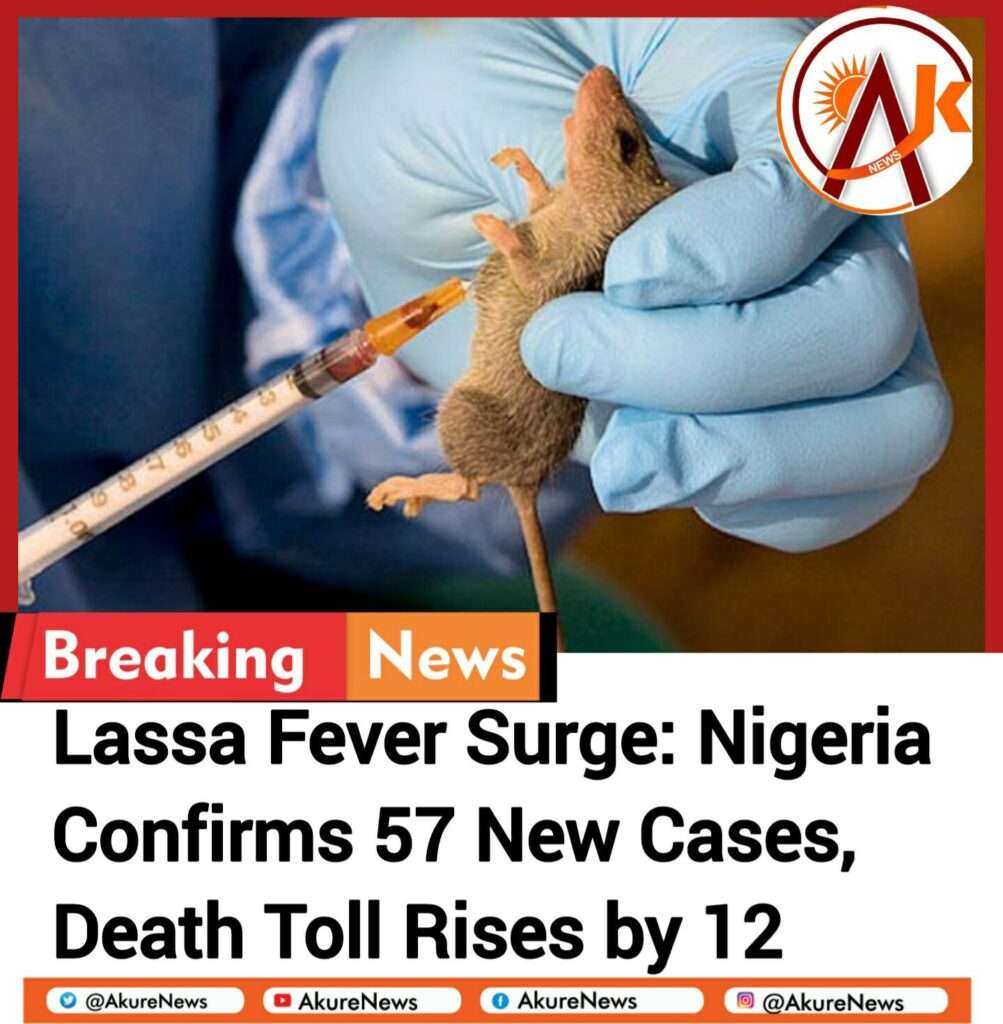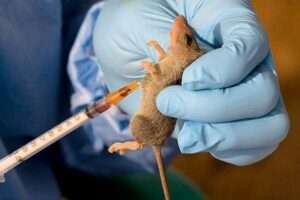
As of October 13, 2024, Nigeria has reported a cumulative total of 1,035 confirmed Lassa fever cases and 174 deaths across 28 states and 129 local government areas, according to the Nigeria Centre for Disease Control and Prevention (NCDC).
The NCDC has observed a steady increase in the number of states reporting Lassa fever cases, attributing this rise to improved surveillance, better community awareness, and environmental factors such as climate change. In 2023, there were 1,270 confirmed cases and 227 deaths, indicating a slight decrease in fatalities in 2024.

Lassa fever is an acute viral hemorrhagic illness caused by the Lassa virus, primarily transmitted to humans through contact with food or household items contaminated by the urine or feces of infected Mastomys rats. Person-to-person transmission can also occur, especially in healthcare settings lacking adequate infection prevention and control measures.
The NCDC continues to lead efforts in preventing, detecting, and responding to Lassa fever cases nationwide, emphasizing the importance of early detection and treatment to reduce fatalities. The agency also highlights the need for public awareness and environmental hygiene to mitigate the spread of the disease.
The public is advised to maintain proper hygiene, store food in rodent-proof containers, and avoid contact with rats to prevent infection. Healthcare workers are urged to adhere strictly to infection prevention and control measures to protect themselves and prevent nosocomial transmission.






